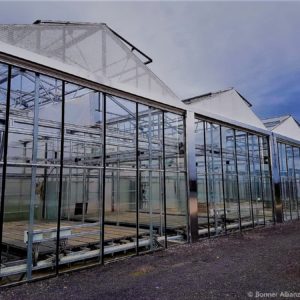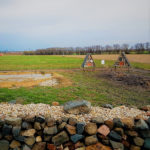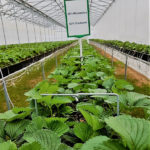Competences of the Bonn Alliance
Policy- and practice-relevant research on sustainability, which takes place in a dialog between science, business and politics and extends from the local context to the global level, needs well-connected experts in various fields.
The partner institutions of the Bonn Alliance have competencies in basic and applied research, policy advice and cooperation with the business community. Sustainability issues are addressed by researchers from the social and natural sciences, the humanities and technical sciences with a variety of regional expertise ranging from Africa to Europe, Asia and Latin America.
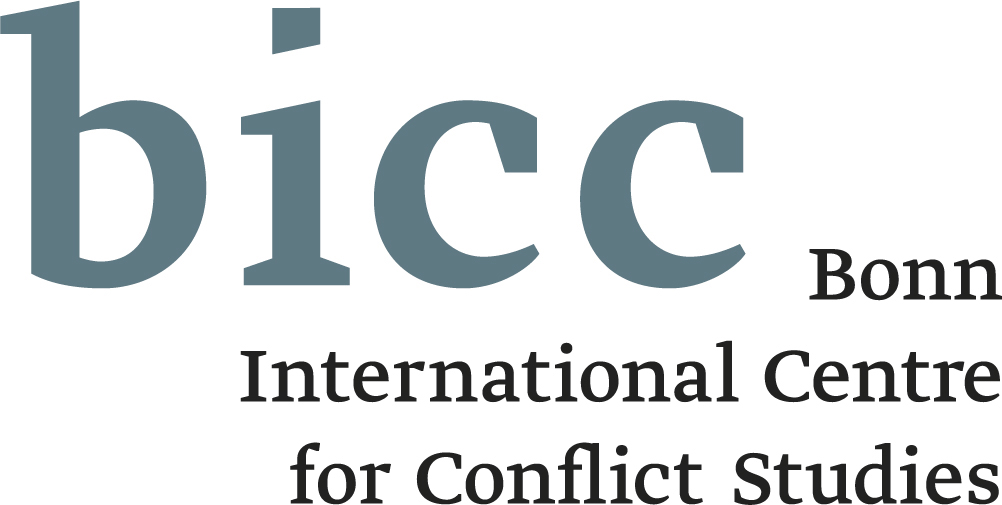
BICC (Bonn International Center for Conflict Studies) was founded in 1994 with the support of the state of North Rhine-Westphalia (NRW) and deals with global issues of peace and conflict research. As a non-university think tank with an international staff, the Center conducts application-oriented and transdisciplinary research; on this basis, it provides policy advice as well as contributions to public debates.
The creation and preservation of peace is an essential prerequisite for global sustainability; the “Leaving no one behind” credo of the UN Agenda 2030 also requires solutions for people in conflict and crisis situations.

The German Institute of Development and Sustainability (IDOS), based in the UN city of Bonn, is one of the world’s leading think tanks and research institutions on issues of global development and international cooperation. The interdisciplinary institute combines research, consultancy and training. IDOS forms an interface between theory and practice and is increasingly concerned with governance issues that are crucial for the implementation of sustainability.
As a university of applied sciences, the H-BRS, founded in 1995, is intensively involved in practice-oriented research. In doing so, professors have experience from science and industry. In addition, the university conducts extensive research in cooperation with regional and national industry and has founded the Centre for Applied Research for this purpose, in which companies can rent space at the university for research questions. An excellent technical infrastructure and well-equipped laboratories are a matter of course for the H-BRS.
As a competence structure in sustainability, the IZNE operates in the Bonn Alliance.

The International Centre for Sustainable Development (IZNE) is an interdisciplinary scientific institution and is committed to sustainable development and responsible social action in the areas of education, research and transfer, also taking into account the UN’s SDGs (Sustainable Development Goals). Through its practice-oriented focus, the IZNE aims to initiate or accompany sustainable reform, innovation and change processes.
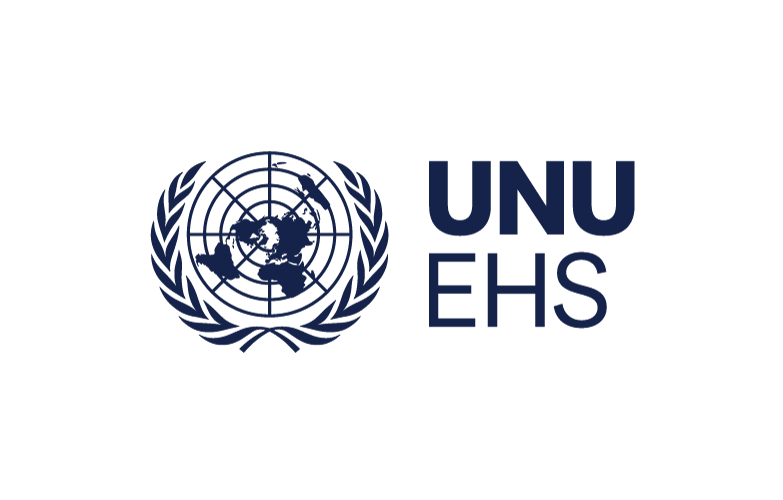
The United Nations University (UNU) is the academic arm of the United Nations and acts as a global think tank. The mission of the Institute for Environment and Human Security (UNU-EHS) is to carry out cutting edge research on risks and adaptation related to environmental hazards and global change. The institute’s research promotes policies and programmes to reduce these risks, while taking into account the interplay between environmental and societal factors. The human-environment-relation is crucial for sustainability research.
With around 35,000 students, 6,000 doctoral students, 550 professorships and 6,000 employees, the University of Bonn is one of the largest universities in Germany with a long tradition and a strong research record. It is one of eleven German universities of excellence, the only one with six clusters of excellence.
Interdisciplinary science is a special concern of the university in order to make fundamental contributions to important scientific, technological and social challenges. Along six transdisciplinary research areas (TRAs), a rich spectrum of topics is organized from modeling and matter to life and health to contributions to a sustainable future. The latter is the theme of TRA6: Innovation and Technology for a Sustainable Future.
Professor Dr. Annette Scheersoi is the Vice Rector for Sustainability. In line with our distinguished status as University of Excellence, sustainability is an issue of uniquely central importance to the University of Bonn. For we are called upon to empower future generations to exercise greater responsibility in shaping society, preserving the environment and conserving resources.
The Vice Rectorate and Sustainability Unit jointly commenced operations in May 2021, collaborating within the framework and under the name of ‘Team N’ (N for ‘Nachhaltigkeit’ (sustainability)). The goal: Implementing sustainability as an integral part of our research, teaching and operations.

Mit dem Laden des Videos akzeptieren Sie die Datenschutzerklärung von YouTube.
Mehr erfahren

Mit dem Laden des Videos akzeptieren Sie die Datenschutzerklärung von YouTube.
Mehr erfahren
Innovation and Technology for Sustainable Futures (TRA-6)
Sustainable development is the endeavor to make use of resources in a way that satisfies present needs and does not compromise future generations from also meeting their needs. It addresses global challenges of poverty and hunger, food production, demographic change, health, environmental and climate change and viable use of resources.
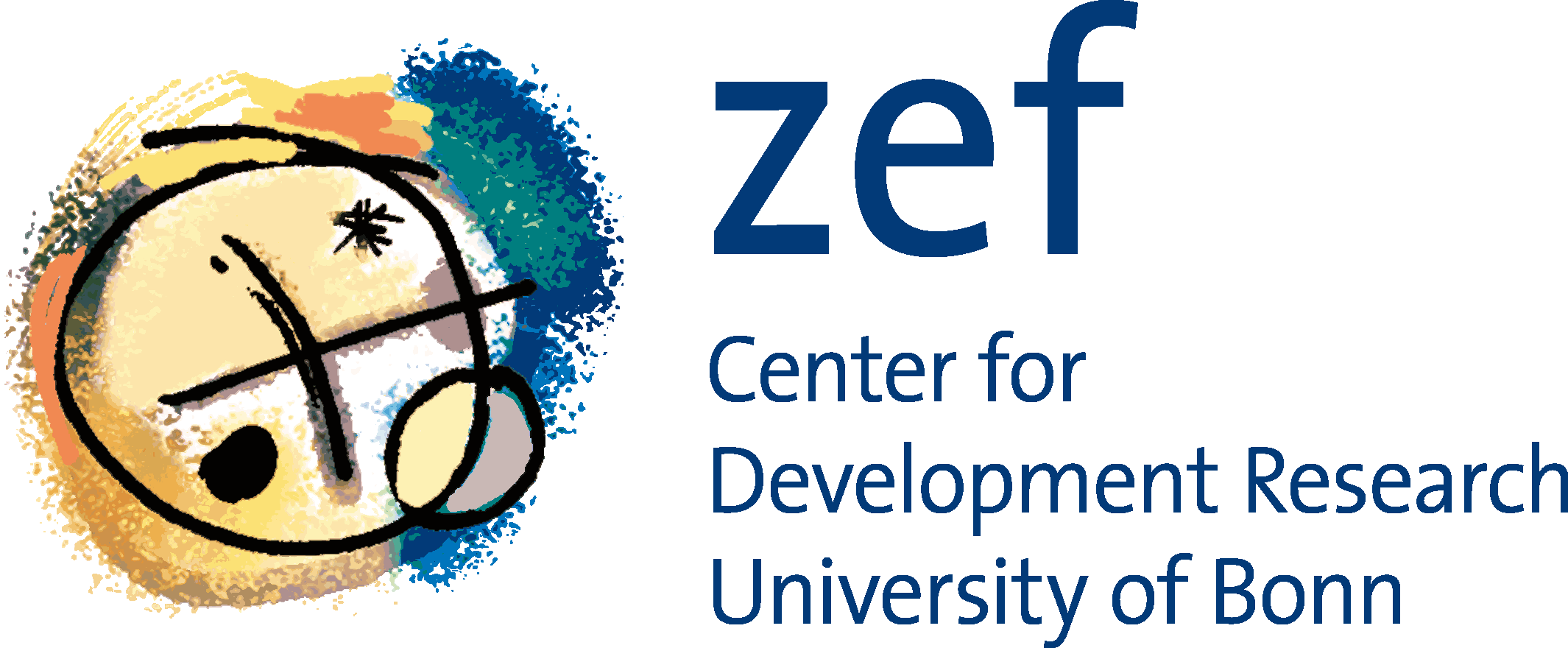
The Center for Development Research (ZEF) is an institute of the University of Bonn. It started its research activities in 1997 with the aim to find science-based solutions to development-related issues. ZEF’s research departments on Economic and Technological Change, Polictical and Cultural Change, and Ecology and Natural Resources Management conduct inter- and trans-diciplinary research in, for and with emerging economies. ZEF combines the perspectives of development research with the discourse on global sustainability.
